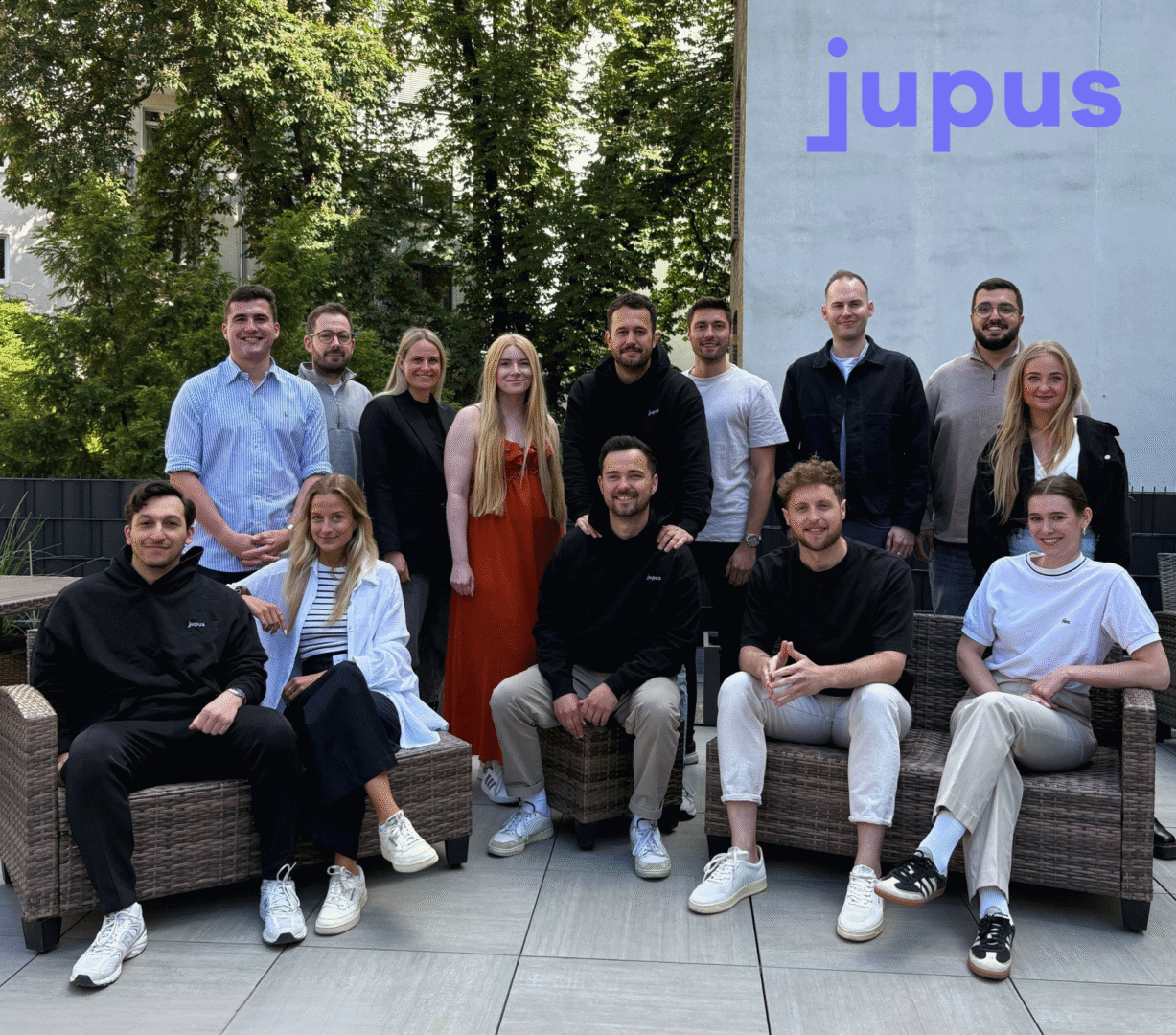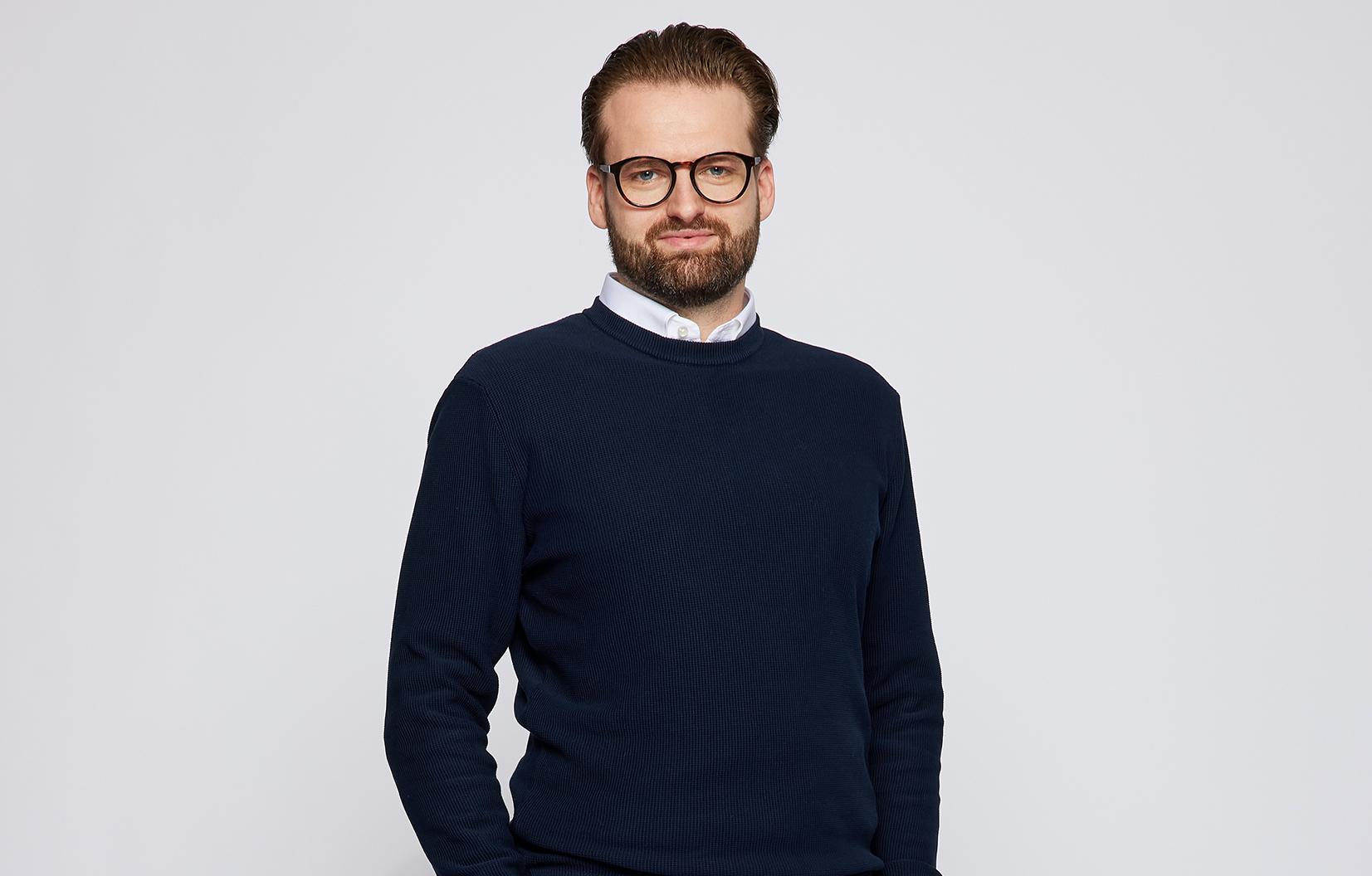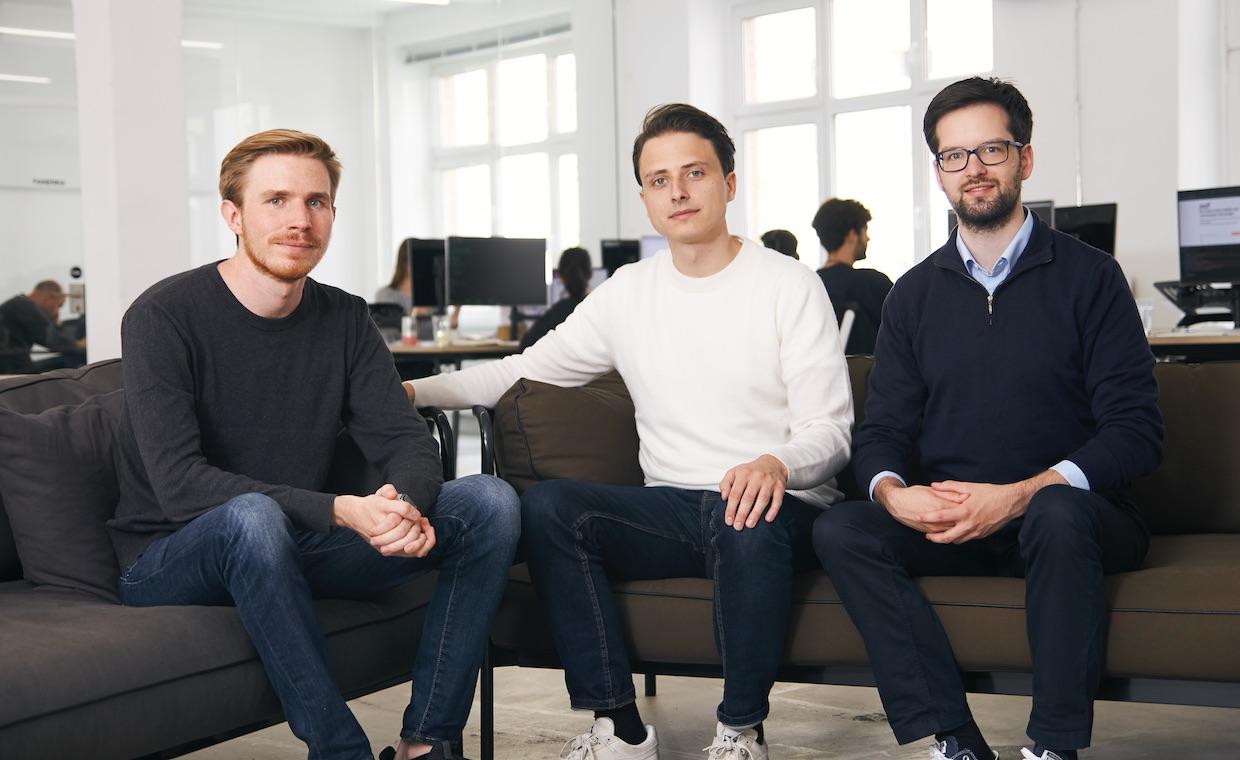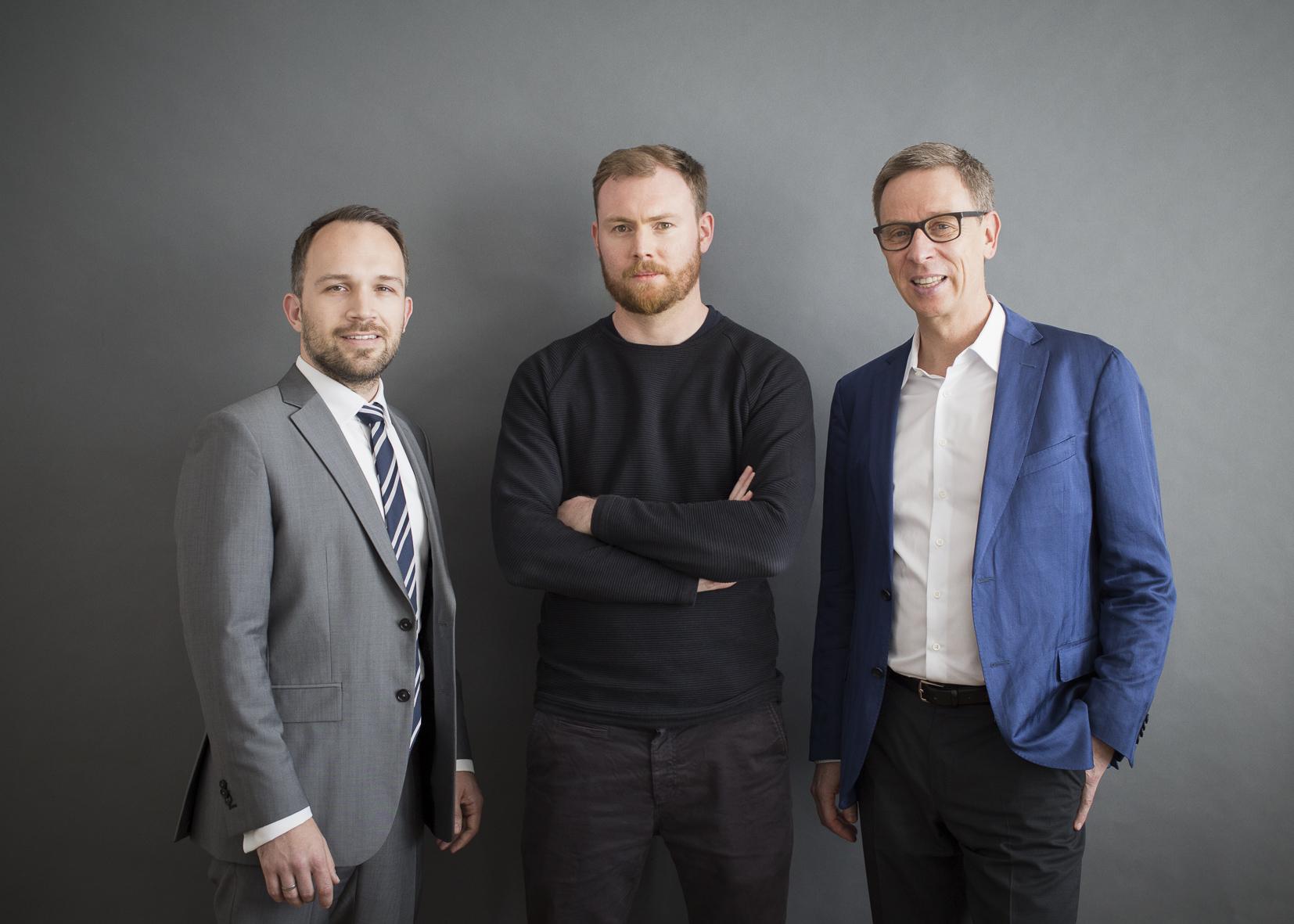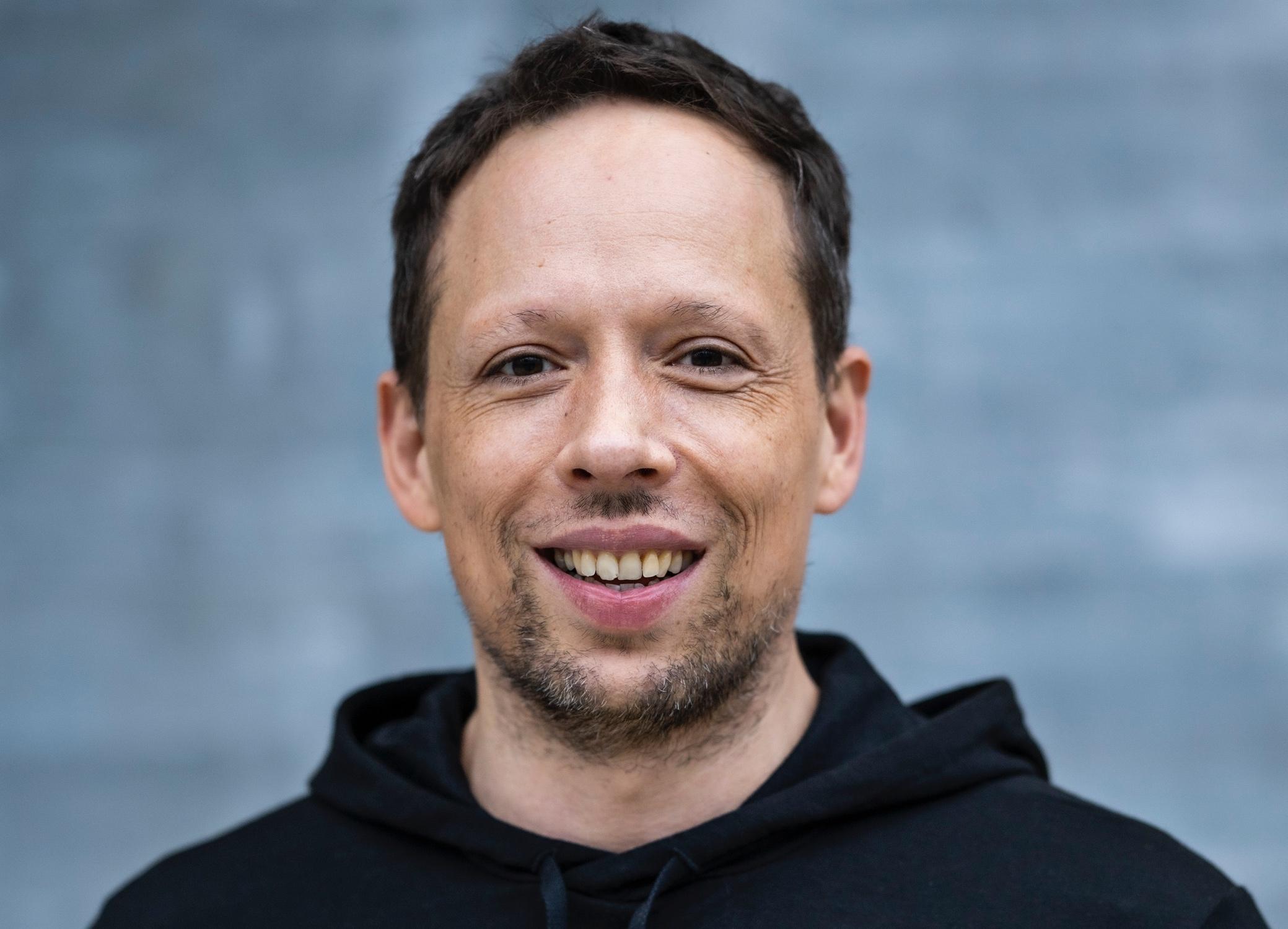"There will be consolidation in the legaltech sector"
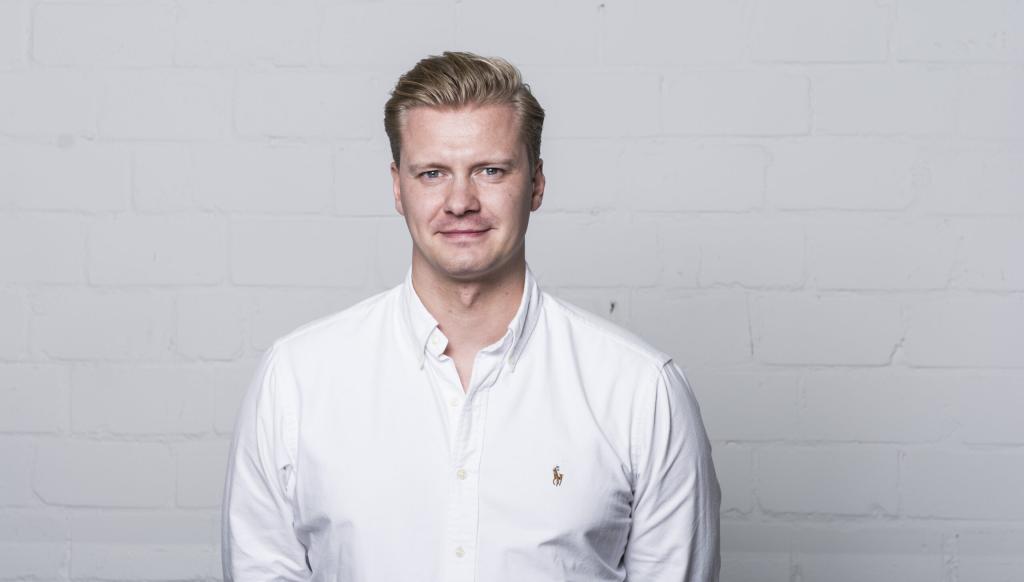
Helpcheck founder and CEO Peer Schulz explains why the start-up now also wants to take on cases outside of life insurance, why the battle for capital in the legal tech sector is difficult and what the sector has to do with the Highlander.
Things are happening in the legal tech world. The "Act on the Promotion of Consumer-oriented Offers in the Legal Services Market", or "Legaltech Act" for short, strengthens the model of many start-ups that work with success-based payment. Some founders are using the opportunity to expand. Peer Schulz, Managing Director of Helpcheck, now wants to expand his business, which previously focused on life insurance, into other areas. In this interview, he talks about lawsuits from large insurance companies, the consolidation of the industry and explains why traditional venture capitalists tend to stay away from the sector.
Mr. Schulz, you are not a lawyer, but you have nevertheless founded a legaltech company, Helpcheck. Why did you venture into this complicated field as a non-specialist?
The idea came about when I wanted to help some of my family members with their life insurance policies. Specifically, there was a ruling by the Federal Court of Justice, which stated that millions of life insurance policies were defective. Insurance customers then had the opportunity to get their money back. That sounded good, but I quickly realized that the process was very complex and time-consuming.
You saw a business there.
I thought to myself that many people would probably feel the same way, so I launched Helpcheck in 2016. At the time, there were already the first legaltechs, such as Flightright, which helped consumers enforce claims against airlines. I then thought that the concept could also be applied very well to financial contracts.
Insurance is a rather unsexy topic...
...roughly on a par with tax law...
...nobody likes to deal with it. Do enough customers come to you at all?
Definitely, especially when there are high-profile judgments. And the number of inquiries has increased in the past year in particular. People were sitting at home, had time on their hands and possibly also needed money. Some of them combed through their policies.
Now, not every life insurance policy is faulty by any means. Do you still fight through every one that is brought to you?
No, we don't do that. We have two upstream checks. The first is what we call the "initial pre-check", in which we ask for some key data, such as the year the policy was taken out, the contract status and current premium increases. If these indicate to us that there could be an error, customers can hand over their documents to us. We then take a closer look: Is the contract really faulty? And is it worth taking this error to court in terms of financial mathematics? Incidentally, just over 70 percent of the contracts we check are faulty. Our partner lawyers then take on the case if we are mandated to do so. If we are successful, we take 25 percent of the additional profit as commission.
You have probably not made yourself popular with insurance companies in recent years.
Not necessarily. Nürnberger Versicherung even tried to ban our business model. They recently failed. But overall, we have noticed that the settlement rate is significantly higher than it used to be. In around 50 percent of cases, we now settle out of court or before a verdict is reached. In the beginning, this was the case in just five percent of cases.
You now want to tackle other legal issues with Helpcheck, such as real estate financing or severance payments. Won't this put you in competition with other start-ups in your sector?
We are quite alone in the area of financial contracts. But one thing is clear: all our competitors are pursuing a similar strategy and we all want to become the one-stop store for legal claims. That doesn't mean that we are enemies with each other; we have a very friendly exchange with many legaltechs, for example. But there will be consolidation in the long term.
As with "Highlander": there can only be one?
That's perhaps a bit drastic. Overall, however, a few players will emerge.
Will that lead to a venture capital arms race?
Legaltech per se is only a classic venture capital case to a limited extent. We and most other legaltechs have alternative financing methods.
Why is that?
There are various reasons. Law firms in Germany are subject to a ban on third-party ownership, which means that investors are not allowed to take a stake in them. This makes it difficult, depending on the structure of the start-up. Internationalization is also complicated, as the legal systems sometimes differ significantly. And the customer lifetime value is also limited: Multiple monetization is difficult. Overall, however, legal tech is an exciting case for investors and there will be huge growth here in the future - in my opinion, "Day 1" is only just beginning.
So the legal tech business is a tough sell for start-up entrepreneurs?
I wouldn't say that. Ultimately, we primarily want to help people gain access to the law. And I am convinced that we are succeeding in this. I realized that five years ago when I was still doing customer support at Helpcheck myself on a trial basis. Our customers are happy when we get good money out of their old policies that have been gathering dust in the cupboard for years. At this time of year, we sometimes even receive Christmas cakes from satisfied customers.
Personal details: Peer Schulz is the founder and Managing Director of Helpcheck. He founded the company together with Phil Sokowicz in 2016. Schulz is also one of the co-founders of the Federal Association of Legal Tech Germany, where he was also a board member until recently. Before joining Helpcheck, he worked for Metro and BMW, among others. Schulz studied business administration at the International School of Management and ESCP Europe Business School.

Newsletter
Startups, stories and stats from the German startup ecosystem straight to your inbox. Subscribe with 2 clicks. Noice.
LinkedIn ConnectFYI: English edition available
Hello my friend, have you been stranded on the German edition of Startbase? At least your browser tells us, that you do not speak German - so maybe you would like to switch to the English edition instead?
FYI: Deutsche Edition verfügbar
Hallo mein Freund, du befindest dich auf der Englischen Edition der Startbase und laut deinem Browser sprichst du eigentlich auch Deutsch. Magst du die Sprache wechseln?






